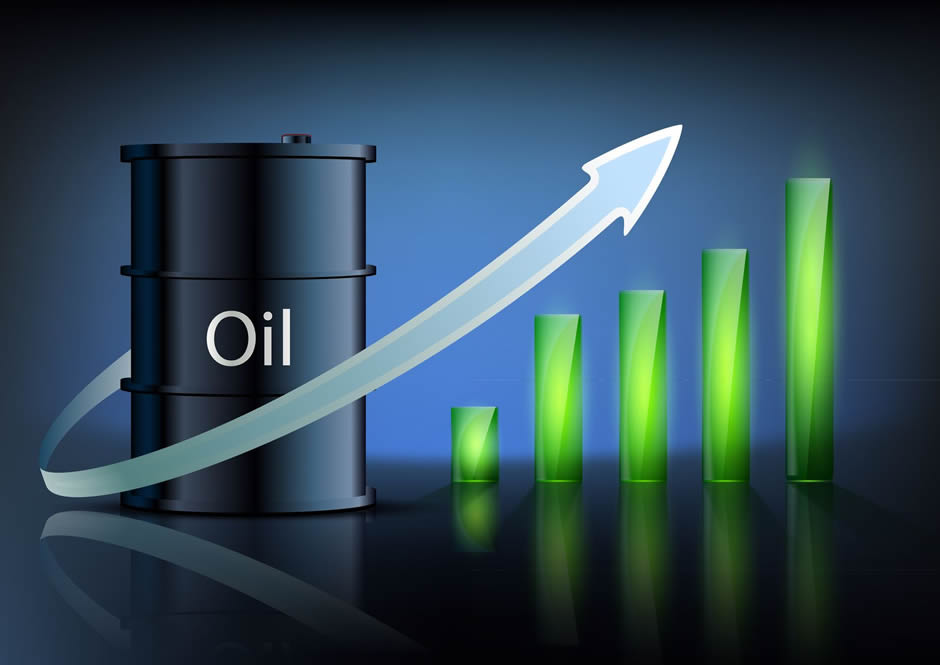Oil futures are a way to bet on the future price of oil. They allow investors to speculate on the price of oil without having to physically buy or sell oil. This can be useful for hedging your bets in the market or mitigating risk.
There are three types of oil futures: physical, financial and derivative. Physical oil futures are contracts that specify the quantity and quality of a particular barrel of crude oil. Financial oil futures are contracts that give the holder the right, but not the obligation, to purchase a certain amount of crude oil at a set price on or before a given date. Derivatives are contracts that offer an opportunity to make money by betting on changes in the price of oil.
Before you invest in oil futures, it is important to understand the risks involved. This article will provide you with the information that you need to make an informed decision.
The Risks of Investing in Oil Futures
There are a number of risks associated with investing in oil futures. Some of the risks include the following:
- The price of oil can go up or down, which can lead to losses.
- The price of oil can change rapidly, which can lead to losses.
- The price of oil can be affected by political events, which can lead to losses.
- The price of oil can be affected by supply and demand, which can lead to losses.
- The price of oil can be affected by terrorist events, which can lead to losses.
How Can I Protect Myself From The Risks of Investing in Oil Futures?
There are a number of ways to protect yourself from the risks associated with investing in oil futures. Some of the ways to protect yourself include the following:
- Do your research before investing in oil futures.
When it comes to investing in oil futures, there are a few things to keep in mind. First and foremost, make sure you do your research. Do your own analysis of the market and the different types of oil futures available before making a decision.
Additionally, be aware of the risks involved with trading oil futures. Always be prepared for the possibility of losses, and have a plan in place for should that happen. Finally, always remember that investing involves risk, so always consult with an investment professional before making any decisions.
- Do not invest more than you are willing to lose.
The price of oil futures contracts can vary significantly from day to day, and from week to week. This means that you could potentially lose a lot of money if you invest more than you are willing to lose in an oil futures contract.
- Stay invested in oil futures for a short period of time.
Oil futures prices move inversely to the price of petroleum, so it is important to stay invested in oil futures for a short period of time. This will help you hedge against changes in the price of petroleum, ensuring that you are always making money.
- Use a margin account to increase your investment amount.
Oil futures contracts are an important part of the global oil market. They enable traders to speculate on the future price of a commodity and provide a hedge against price fluctuations. Margin accounts provide an opportunity to increase investment amounts by borrowing against the assets in the account. This allows investors to increase their exposure to the potential gains and losses associated with oil futures contracts.
- Use a stop-loss order to protect your investment.
A stop-loss order is a powerful tool that can be used to protect your investment. When placed, a stop-loss order automatically sells shares of stock if the price falls below a set limit, protecting your investment from possible losses. If the price of the stock rises above the limit, the order is cancelled and no shares are sold.
Conclusion
Before you invest in oil futures, it is important to understand the risks involved. Make sure to use caution and protect yourself from the risks by using the tips provided in this article.




